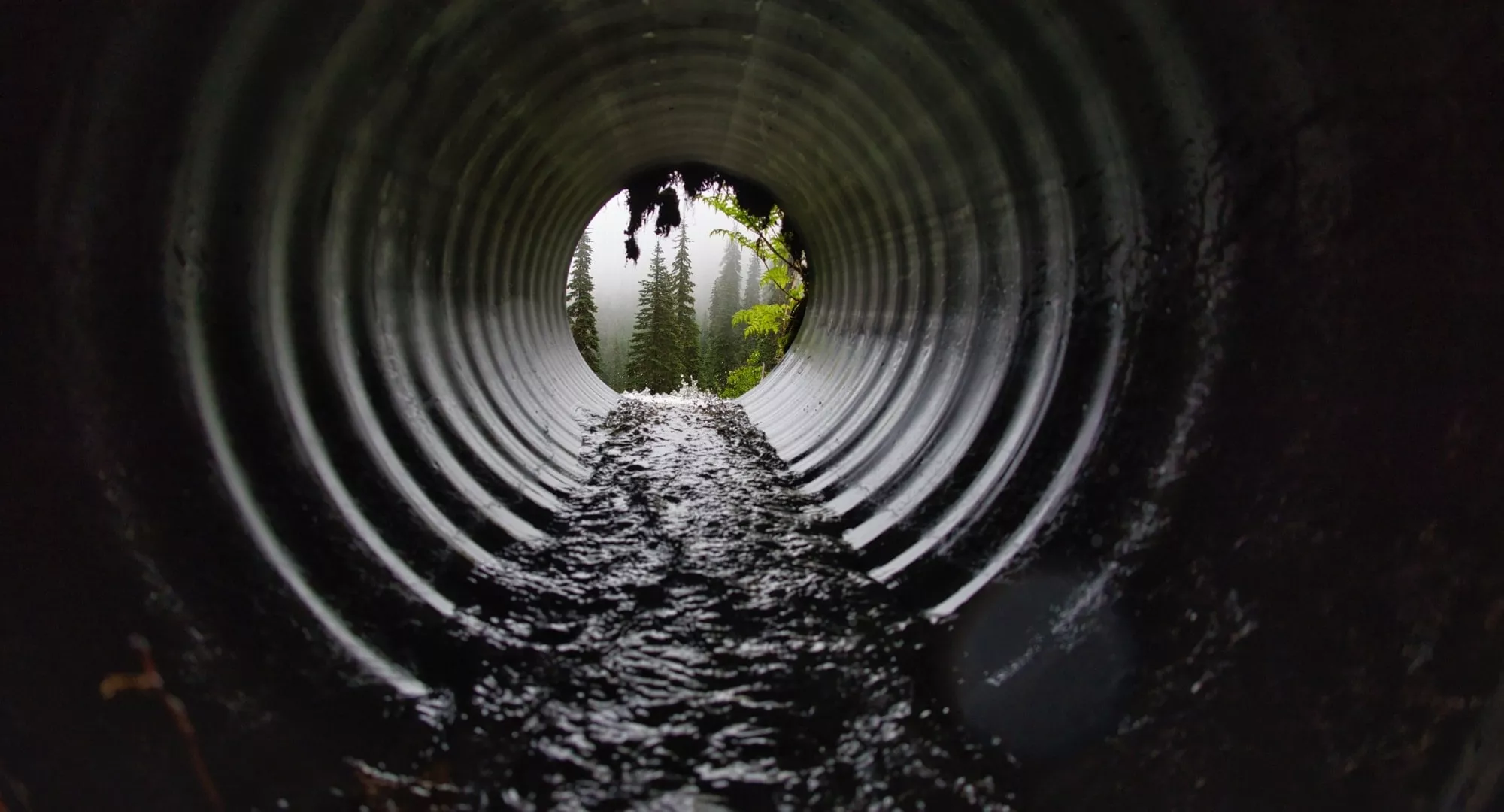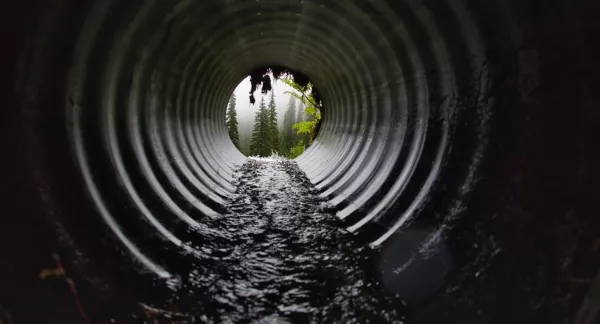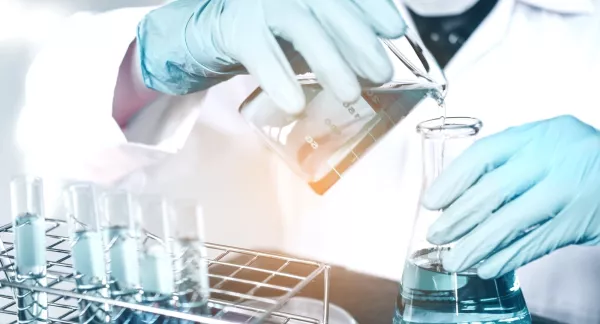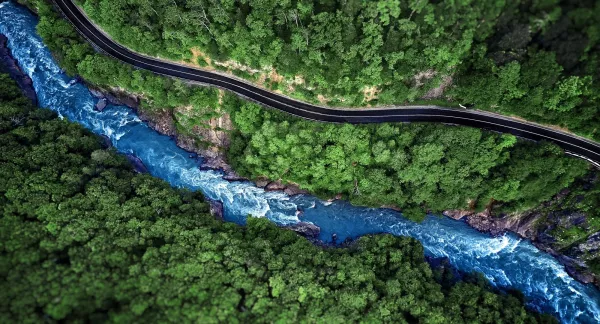
Enhancing Drinking Water Treatment Resilience to Wildfire Events
Abstract
Wildfires can cause costly long-term treatment issues by challenging coagulant dosing, filtration effectiveness, and disinfection efficacy, elevating disinfection by-product formation, and increasing bioavailable phosphorus leading to cyanobacterial/algal blooms and requiring algal toxin removal. Overall, these challenges may last for several years or more.
This project’s research objective is to provide guidance to drinking water utilities to increase treatment resilience to wildfires. Pilot-scale and side-by-side comparisons of treatment strategies, specifically comparing conventional treatment with pre-ozonation and biofiltration compared to conventional treatment with pre-chlorination and filtration, will be conducted to provide design and operational recommendations that can be made in treatment and monitoring, so utilities can more effectively respond to a post-fire scenario. Research Partner: City of Portland Water Bureau.
Project Updates
Reporting Period: April --- June 2024
Reporting Period: September 2023 – April 2024
Reporting Period: October 2022 – May 2023


